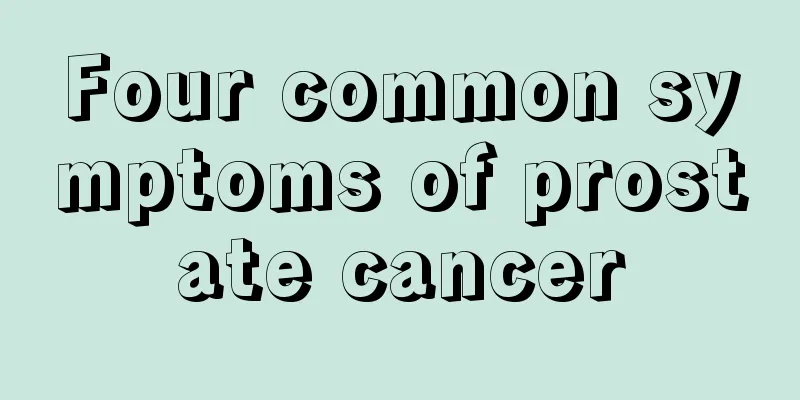What causes colorectal cancer

|
The occurrence of colorectal cancer is often related to genetic factors and dietary habits. Understanding these factors can help us take preventive measures. 1. Genetic factors: People with a family history of colorectal cancer have a relatively higher risk of the disease. In particular, familial adenomatous polyposis is a hereditary disease that increases the risk of colorectal cancer. For people with this history, it is recommended to undergo regular colonoscopy to detect and treat polyps early and reduce the possibility of cancer. 2. Dietary habits: A high-fat and low-fiber diet is considered to be an important cause of colorectal cancer. A high-fat diet may increase the secretion of bile acid in the intestine, and bile acid may be converted into carcinogens in the intestine. A low-fiber diet will slow down intestinal peristalsis and increase the contact time between carcinogens and the intestinal wall. It is recommended to consume more fruits, vegetables and whole grains to increase dietary fiber intake and promote intestinal health. 3. Lifestyle: Lack of exercise, smoking and excessive drinking are also considered risk factors for colorectal cancer. A sedentary lifestyle may lead to slower intestinal motility, while smoking and drinking may directly damage intestinal cells. Maintaining regular exercise habits, quitting smoking and limiting alcohol consumption can help reduce the risk of disease. 4. Age factor: The incidence of colorectal cancer increases with age, especially people over 50 years old should pay more attention to regular screening. Early screening can help detect precancerous lesions or early cancers in time and improve the cure rate. 5. Inflammatory bowel disease: People who have long-term inflammatory bowel disease (such as ulcerative colitis and Crohn's disease) also have an increased risk of colorectal cancer. Such patients should undergo regular colonoscopy under the guidance of a doctor. By understanding these risk factors, we can take some practical preventive measures. Regular screening is key, especially for those with a family history or other high-risk factors. Adjusting the diet structure, eating more fiber-rich foods, and maintaining a healthy lifestyle can help us stay away from the threat of colorectal cancer. Health is not just about the body, but also requires us to make smart choices in our daily lives. |
<<: How to detect lung cancer earlier
>>: Is nasopharyngitis nasopharyngeal cancer?
Recommend
How to improve memory and make the brain active
The brain needs some exercise or long-term use to...
Are all tumors without blood flow signals benign?
Tumor is a very common disease, and most of them ...
Chive flower storage
Chive flowers have many uses. Not only do they lo...
Experts explain how to prevent rectal cancer
With the increasing incidence of various cancers,...
How to remove the mask_How to remove the mask
Applying facial mask is a must for every woman. S...
What Jingmen specialties can I bring?
Jingmen is located in Hubei Province. Many people...
How long is the life expectancy of patients with mid- to late-stage rectal cancer
Rectal cancer is also a malignant tumor with a hi...
How to take care of your hair after hair pulling
If your hair is not straight enough, you can use ...
In what situations can you not take a hot spring bath
The weather is relatively dry in winter and autum...
Symptoms of breast cancer include changes in the skin of the breast
Symptoms of breast cancer include changes in the ...
Poor skin and enlarged pores
The fineness and radiance of the skin have a very...
Should I use pressed powder or air cushion to touch up my makeup?
In daily life, we often find that many girls will...
Is Traditional Chinese Medicine useful for treating brain cancer?
Is Traditional Chinese Medicine Useful for Treati...
What to eat for pulmonary fibrosis?
After the condition of pulmonary fibrosis is conf...
Can lymphoma be cured? How long can one live in the early stages?
Lymphoma patients must want to know whether lymph...









